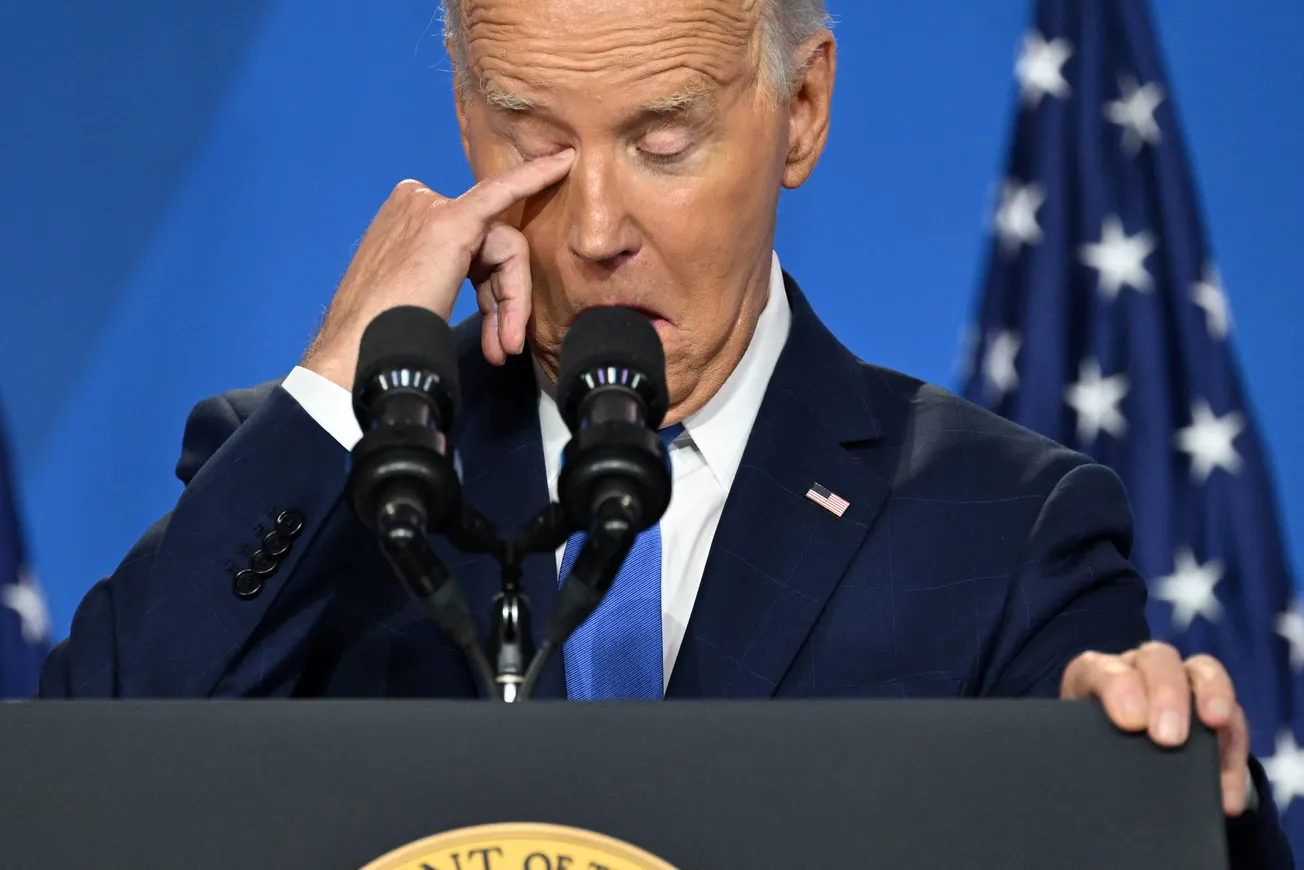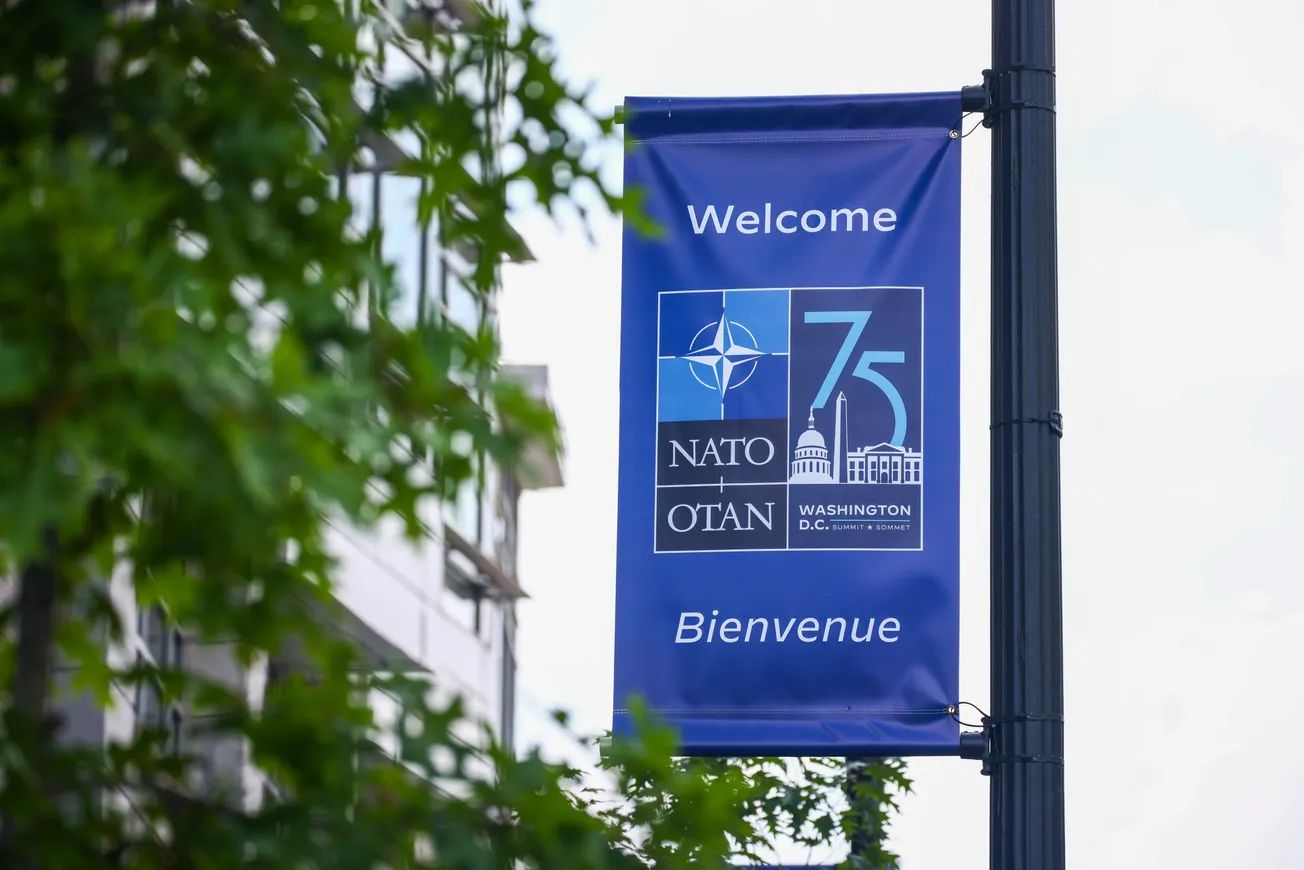By Simon Hankinson for the Daily Caller Foundation
The term “a king’s ransom” comes from the ancient tradition of capturing high-ranking opponents on the field of battle and holding them for cash. Humble foot-soldiers might be killed, put to labor, or simply let go. Nobles were held until their families or countries paid up.
Rogue nations continue that practice today.
Last year, Russia arrested professional basketball player Brittney Griner for having a small amount of cannabis oil in her luggage. The State Department declared her to be “wrongfully detained,” a designation that kicks into high gear an official effort to gain the release of an American citizen held overseas. In December, the effort succeeded, but at a steep price: The U.S. had to return convicted arms dealer Viktor Bout to Russia.
The Administration never should have paid this ransom. When dealing with rogue states, once the market for captives is open, it is hard to close.
The handling of Griner’s case was unusual.
Typically, Americans arrested abroad in accordance with local laws can expect visits from U.S. consulate officers to make sure they are not abused in custody and receive due process. That’s pretty much it—even if it means accepting harsh punishments, like Singapore’s for drug smuggling or vandalism, or Thailand’s for disrespecting the King.
In the rare case where an American is being held on spurious charges for purely political reasons, the U.S. may consider him “wrongfully detained.” If foreign governments are going to subject our citizens to kangaroo courts, we have measures to retaliate. What we can’t do is apply this special category to every single American arrested overseas.
The Administration gave special treatment to Griner, a minor sports figure with identity-group points. The same can’t be said of Mark Fogel, a 61-year old, white, male teacher arrested on the same drug charge a year before Griner. That’s not fair, certainly, but the worst part of the Griner deal was the consequence of paying ransom.
Just ask Evan Gershkovich.
On March 30, Russia’s state security service arrested the Wall Street Journal reporter on charges of spying for the U.S. government. They claim that Gershkovich was investigating the Wagner Group, a private military contractor owned by Putin ally Yevgeny Prigozhin.
The line between the Russian government and Wagner is blurry at best. Wagner’s mercenaries are not only fighting the Ukrainians, they are busy backing dictators in places like the Central African Republic, Mali, and (allegedly) Sudan.
Wagner’s activities are as antithetical to U.S. interests as they are highly secretive, so looking into their affairs, and connections with the Russian government, would have been a logical, if highly dangerous, assignment for a reporter specializing in Russia and Ukraine like Gershkovich.
Now Putin holds another American hostage.
Gershkovich faces a much stiffer sentence than Griner: a 20-year stretch. And conviction is near certain: fewer than 1% of accused criminals are acquitted by Russian judges.
One can make a good case that Gershkovich meets the definition of “wrongfully detained.” He is a journalist, not a minor celebrity. It is in our national interest to protect journalists doing their jobs and a free press. Perhaps the U.S. should put every effort into getting him back.
We have some leverage over Russia in this. They want their journalists and officials to be able to work in the U.S. and allied countries too.
However, by declaring Griner wrongfully detained, based purely on her value to him in domestic politics, President Biden changed the rules of the game. Having made clear that the U.S. will now pay ransom to release an incarcerated American, all that’s left is to haggle over the price.
A former career foreign service officer, Simon Hankinson is a senior research fellow in The Heritage Foundation’s Davis Institute for National Security and Foreign Policy.
Original article link









